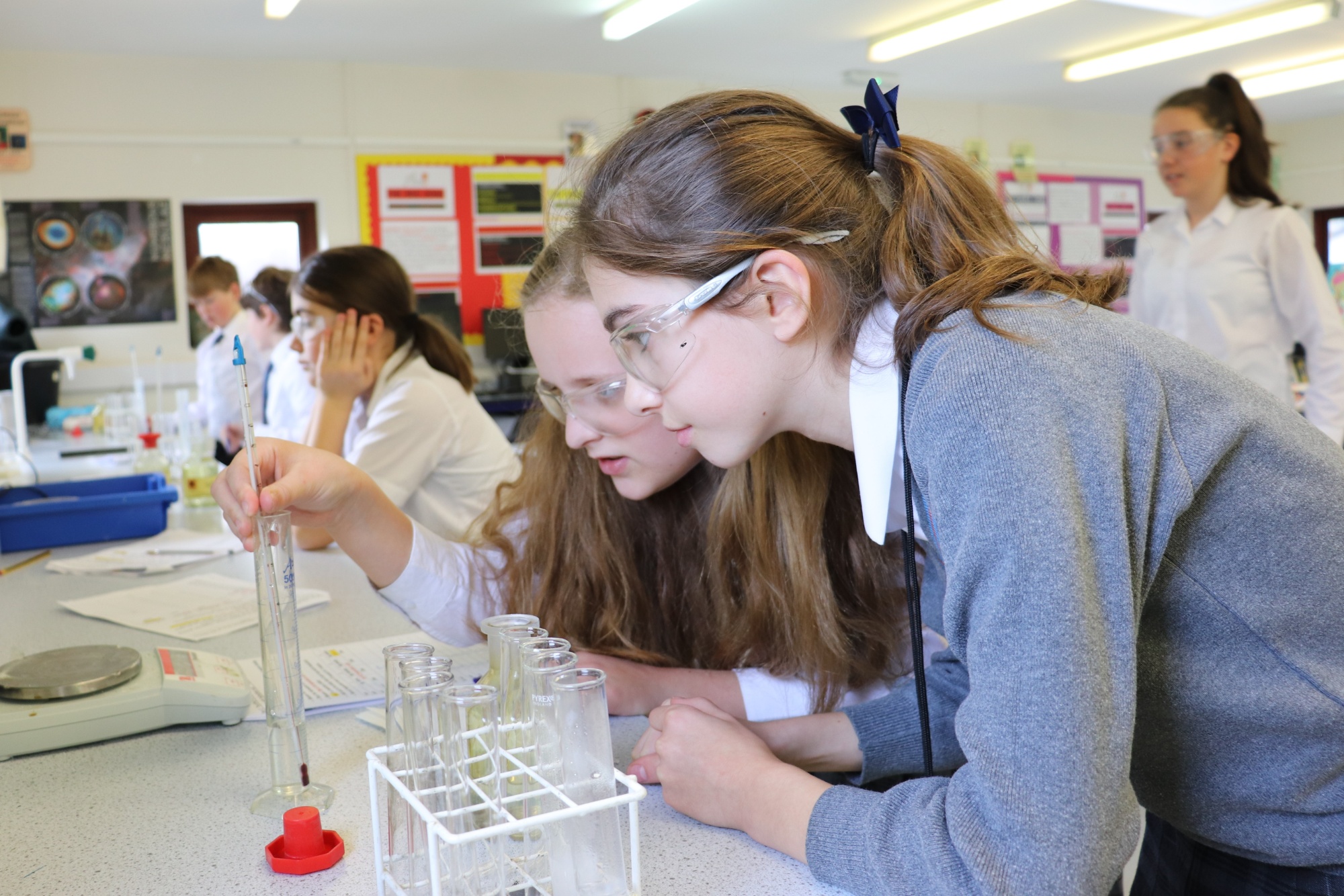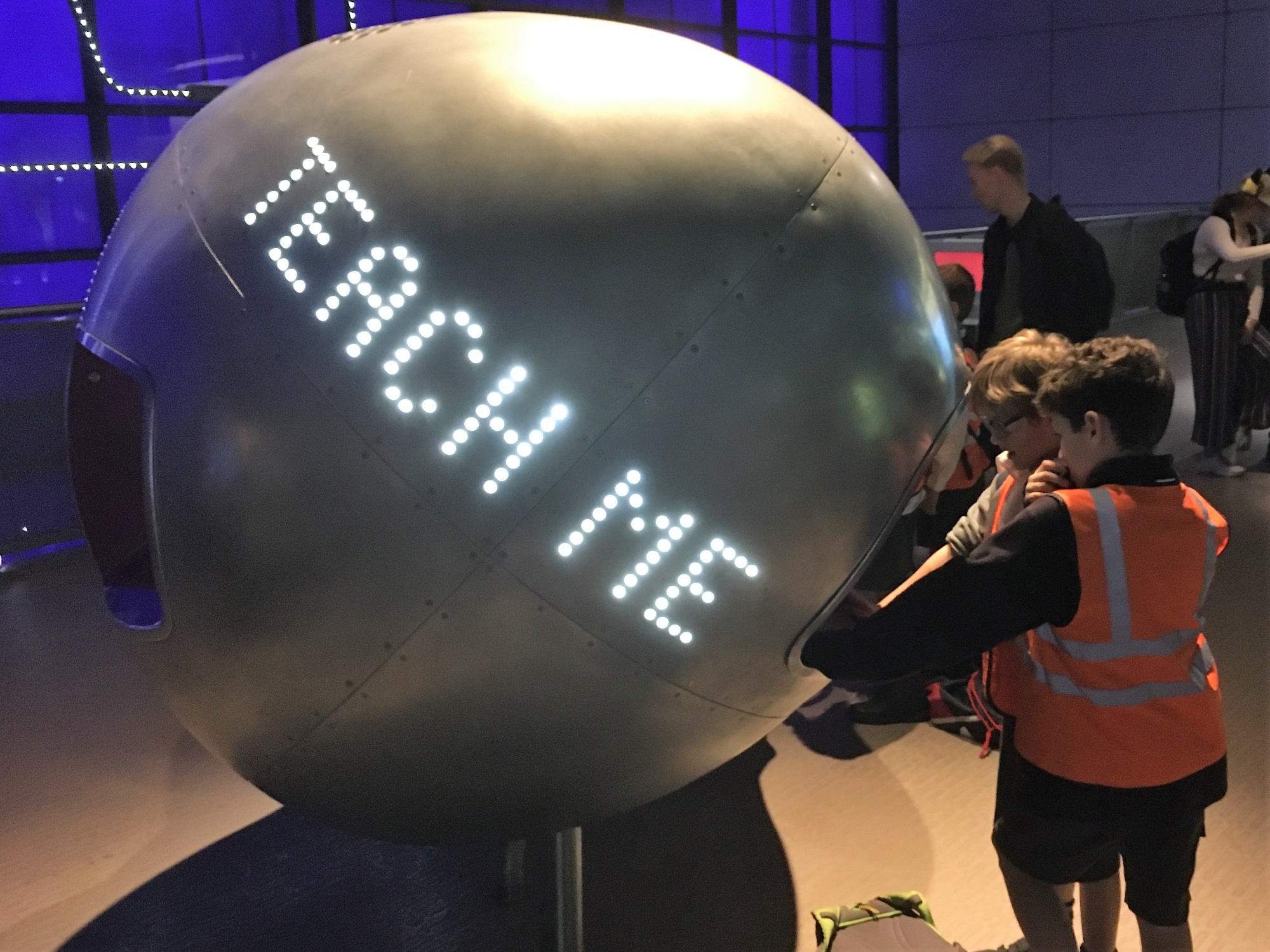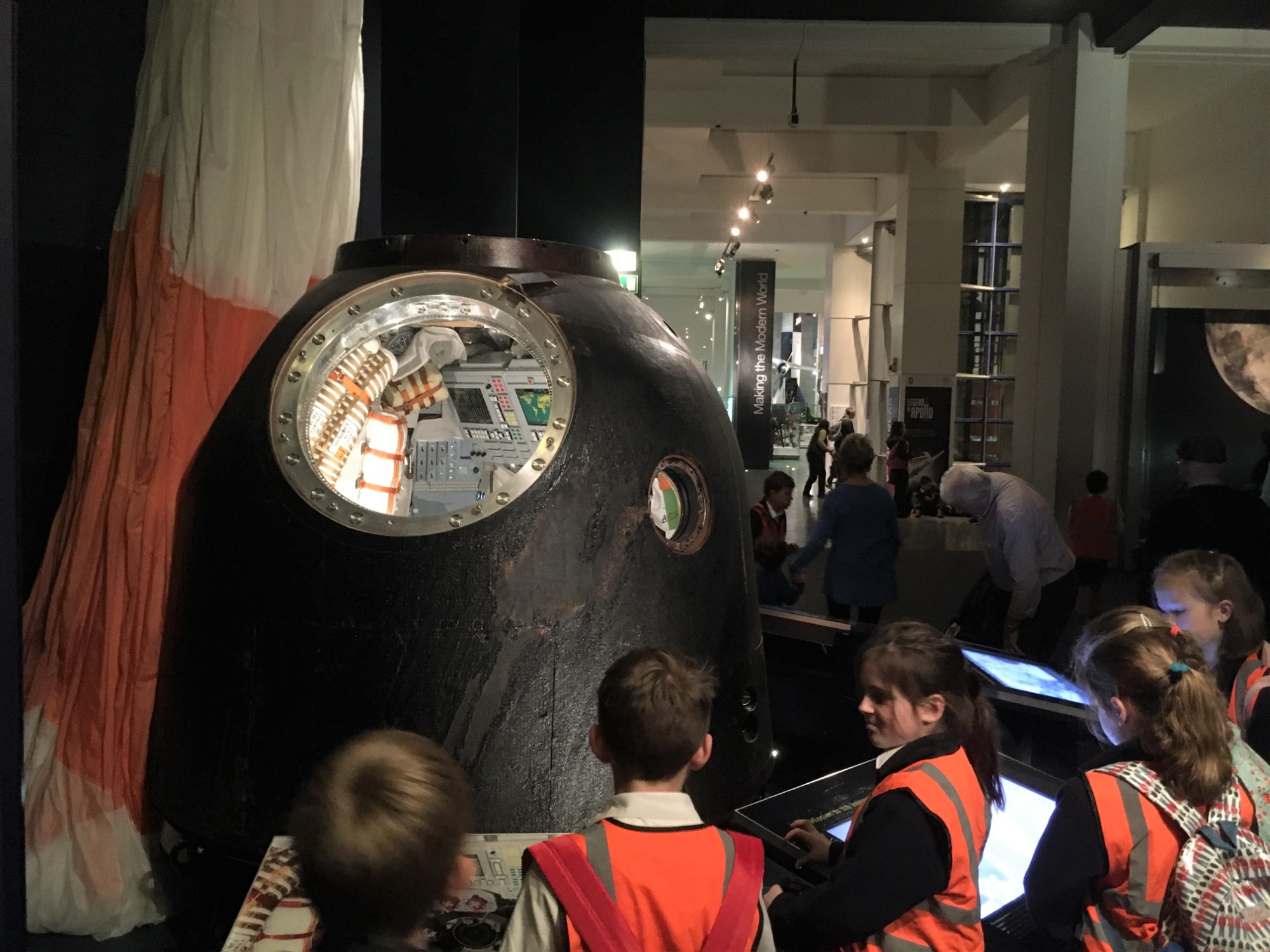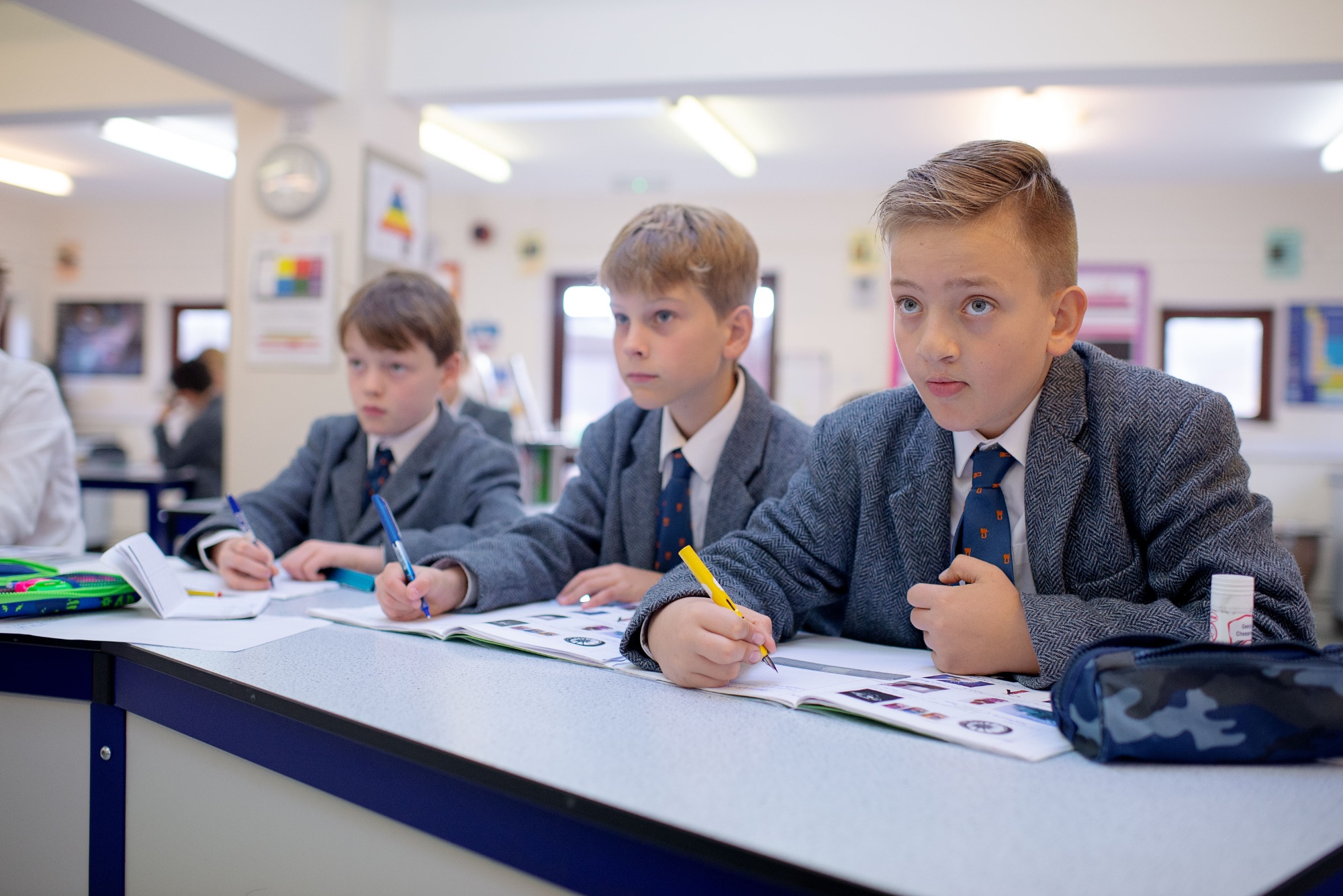Here at Marlborough House we seek to bridge the gap between Science edutainment and the fundamental principles of Science which underpin both academic research and technological innovation.
As well as Science being a utilitarian, economy boosting subject it has enabled the development of human civilisation and underpins much of our cultural heritage and human ingenuity. Here at MHS, we are keen for the cultural, philosophical and ethical elements of Science to be celebrated and understood as well as it being the tool we use to explain the world and develop new products.

Up to the end of Year 4, Science largely follows the primary National curriculum; with as much emphasis on investigation and exploration as possible. Science is rightly centred around enjoying today in the younger years.
In Years 5 & 6, practical skills and investigation work accounts for about 40% of the curriculum while there becomes greater emphasis on the knowledge foundations required for later success in senior school science. Children learn and practice their new knowledge and skills in our science laboratory, or our beautiful grounds and get to use equipment such as Bunsen burners and Microscopes that most children don’t experience until Year 7 in their senior or secondary schools. Children have the opportunity to ask lots of questions and explore big topics like Space, Energy and Nature via the medium of independent research projects.


In our new Year 7 & 8 curriculum our topics are themed within the STEAM faculty (science, technology, engineering, art and maths) in the spirit of educating for tomorrow. Children still have discrete Science, Maths, DT, Art and ICT/Computer Science lessons taught by subject specialists, but the theming provides scope for the exploration of different ideas and concepts in creative, multi-dimensional ways. The 6 termly themes are: Humans & Machines; Discovery & Ideas; Earth & Sustainability; Industry & Invention; Home & the Built Environment and Innovation & the Future. The children spend approximately 60% of their time learning core knowledge and concepts in line with the National Curriculum and future GCSE specifications; 25-30% of their time developing their investigative and practical skills and 10-15% exploring topical science, ethics and personal interests in their journals and research projects. The curriculum is sequenced and designed to enable scholarship preparation in Year 8 if required. Assessment is modular, building up over two years with a combination of termly assessment (4 x 10% = 40%), end of year exams including a practical element in Year 8 (2 x 20% = 40%) and portfolio work (2 x 10% = 20%). Senior schools, pupils and parents will receive a comprehensive certificate of achievement in Science, as part of the Pre-Senior Baccalaureate.
Finally, the planning and design of what children learn in Science (the curriculum) is strongly linked with how they learn via our new colour coded PSB Learning Zones, so that children can identify where their strengths lie (and their barriers to learning are) within this complex and eclectic mixture of skills, curiosity, creativity, biology, chemistry and physics in the wonderful world of Science!

